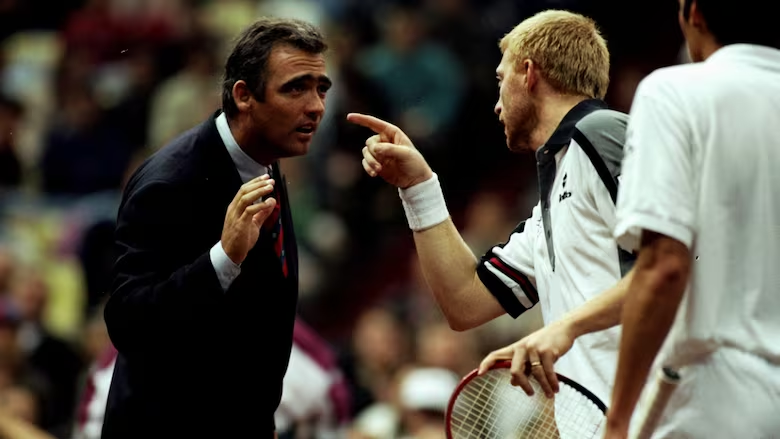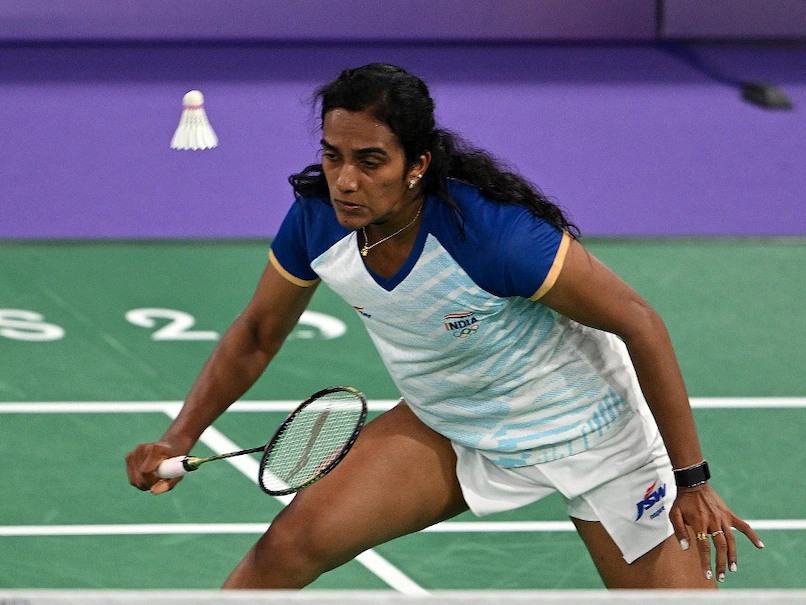When Medvedev slammed his frustration into the game instead of letting it consume him, was that anger holding him back, or driving him forward?
In sports, emotions run high—and anger is often one of the strongest. From tennis star John McEnroe’s fiery outbursts to Michael Jordan channeling frustration into record-breaking performances, anger in sports has always sparked debate. Is anger good or bad in sports? Can it fuel peak performance, or does it hold athletes back?
The truth is, anger can be both a strength and a weakness. When managed well, it sharpens focus, boosts motivation, and gives athletes the mental edge they need to compete. But without emotional control in sports, anger can quickly turn into aggression, poor decisions, and costly penalties. That’s where sports psychology anger management and mental training come in—helping athletes transform raw emotions into controlled energy.
At MyMentalCoach, we believe that the role of anger in sports performance isn’t about eliminating the emotion—it’s about learning to master it. By understanding the psychology behind anger and applying proven techniques, athletes can unlock their potential while staying in control.
Anger in Sports: An Emotion That Can’t Be Ignored
Anger is one of the most powerful emotions an athlete can experience. Some players can control it, while others struggle to manage it. At its core, anger often arises from unmet needs, stress, or frustration. When athletes feel blocked from achieving what they want, frustration builds—and at higher levels, it can erupt as anger.
In sports, anger usually shows up in behavior: harsh words, reactions they never intended to make, or impulsive decisions on the field. While small bursts of anger may push an athlete harder, unchecked anger becomes destructive.
When Anger Becomes a Habit in Athletes
Anger feeds into their personality if an athlete has no one to stop them. Over time, they get used to being angry. The ecosystem around them—the coaches, teammates, or even fans—may start to accept this behavior as “just the way they are.”
This acceptance is dangerous. When people say “it’s okay, that’s just him,” it doesn’t reduce anger—it fuels it. Eventually, anger becomes a habit, not just an emotion. And once it becomes a habit, it begins to take control over performance, relationships, and long-term growth.
Should Anger Be Stopped Completely?
The answer is no. Suppressing anger isn’t possible—and if athletes try to bury it, anger will eat them from the inside. Instead, the real challenge lies in channeling anger the right way.
At MyMentalCoach, we believe that anger should be used as a tool, not a weakness. With the right mental training, athletes can transform anger into controlled intensity—fueling peak performance instead of destroying it.
Using Anger the Right Way in Sports Performance
The role of anger in sports performance depends on how it’s directed. There are two possible paths:
- The Wrong Way: Anger spills out uncontrollably, leading to aggression, fouls, arguments, and loss of focus. Performance drops, and reputation suffers.
- The Right Way: Anger is fueled with purpose. Athletes use it to push harder, set goals, and play with passion. It becomes energy against the opponent, not against themselves.
This is the shift sports psychology brings—helping athletes move from uncontrolled reactions to intentional performance.

Managing Anger in Athletes: Sports Psychology Strategies
Anger is a difficult emotion to control, but not impossible. Through mental training, athletes can develop emotional control in sports and use anger as an advantage rather than a liability. Some key strategies include:
Awareness Training –
Helping the athlete recognize when anger is building up, instead of realizing it only after the outburst. This involves spotting physical signals like tightened fists, faster breathing, or racing thoughts before anger takes over.
Consequences Mapping –
Making the athlete see how unchecked anger impacts performance, teammates, and long-term career growth. When athletes understand that anger can lead to fouls, lost points, or even damaged reputations, they become more motivated to regulate it.
Channeling Anger Into Competitive Energy –
Instead of lashing out, athletes can use their anger as fuel. For example, a basketball player frustrated after a foul can use that intensity to increase defensive effort or sprint harder in transition. The focus shifts from reacting emotionally to outperforming the opponent.
Trigger-to-Routine Conversion –
Every time an athlete feels the “trigger” of anger (like a bad call or trash talk), they immediately go into a short pre-set routine: bouncing the ball three times, adjusting equipment, or taking a deep breath. This routine breaks the automatic outburst and re-centers focus on the game.
Anger Reframing Through Goal Focus –
Athletes are trained to mentally convert anger into a “reminder” of their goals. For example, when a tennis player gets angry after an unforced error, instead of smashing the racket, they anchor that feeling to the thought: “I need to win the next point with focus.” The anger becomes a motivator to execute strategy rather than lose control.
The Psychology of Anger in Sports: Why Training Matters
Anger fuels peak performance when guided correctly—but it damages an athlete when left unchecked. That is why working with a sports psychologist or mental training expert becomes critical.
At MyMentalCoach, we specialize in teaching athletes how to control sport-specific anger and transform it into a competitive edge. By understanding the role of anger in sports performance and applying structured techniques, athletes can build resilience, focus, and long-term consistency.
Because in the end, it’s not about removing anger. It’s about mastering it.


